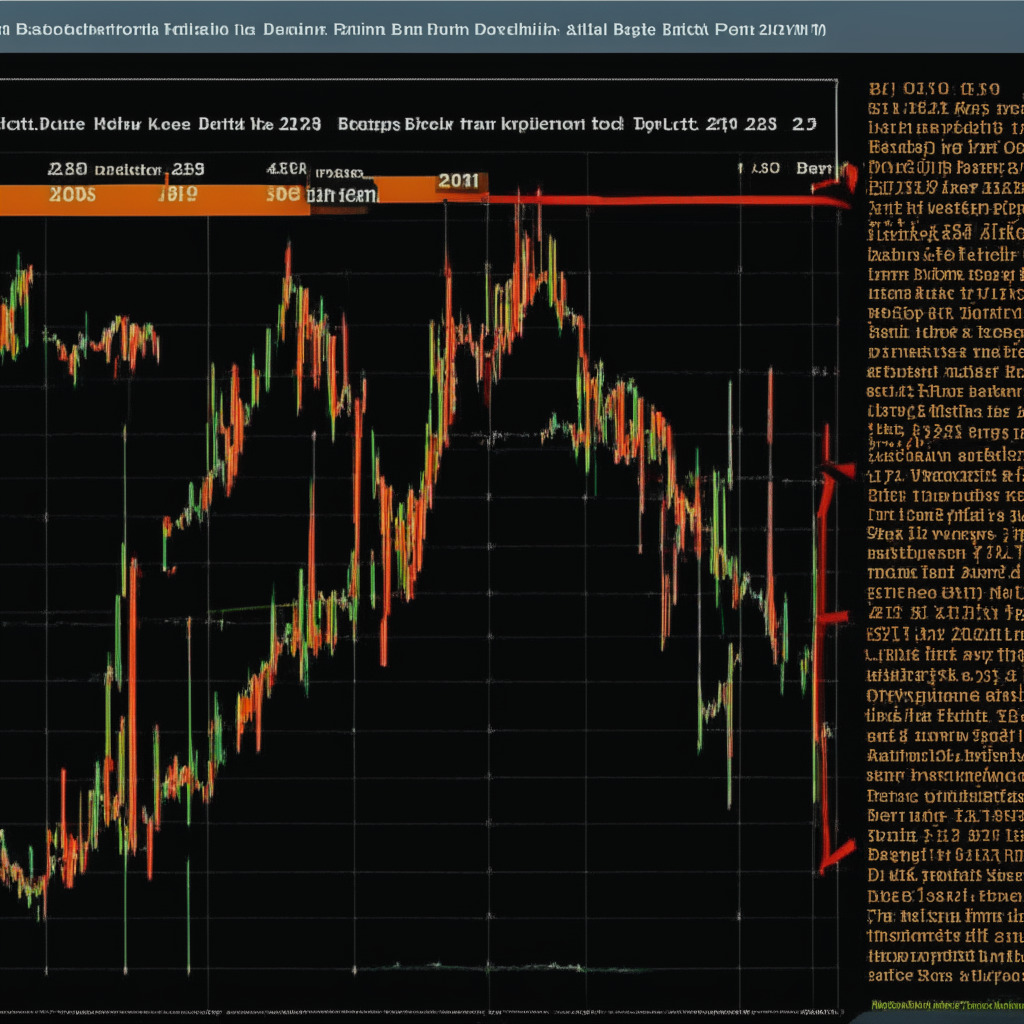In recent news, OPNX, a bankruptcy claims exchange affiliated with the founders of the now-defunct hedge fund Three Arrows Capital, has filed a defamation lawsuit against prominent venture capitalist Mike Dudas. The co-founder of Three Arrows Capital, Kyle Davies, confirmed the lawsuit filing, which cites defamatory comments made by Dudas about the company between February and March 2023.
Interestingly, as OPNX pursues this lawsuit, it concurrently introduced a new “meme token” called Justice tokens (JT), which aims to support crypto communities that have been negatively affected by defamation. The proceeds of defamation settlements could be distributed among holders of JTs, at OPNX’s sole discretion.
However, the introduction of JTs raises concerns over the actual benefits and usefulness of such tokens in the crypto world. Their white paper explicitly describes JTs as having “no intrinsic value, no backing, and no expectation of return.” This could be a cause for skepticism among crypto enthusiasts, as it raises the question of how a token with no inherent worth can benefit its holders.
The lawsuit raises several concerns, one of which being the need to prove reputational damage in order to establish defamation. It falls on the plaintiff to demonstrate this, as noted by crypto attorney Stephen Palley. The burden of proof becomes a challenge not just for the lawsuit itself, but also for justifying the creation and distribution of the Justice tokens (JT).
The concept of Justice tokens is not without merit, as their white paper argues that “defamation cases in the crypto industry negatively impact entire communities of token holders.” This suggests that using JTs as a “mechanism” for compensating affected parties could be a positive development for the ever-evolving crypto market. However, the execution seems somewhat flawed, given the tokens’ proclaimed lack of intrinsic value.
While there are currently 43 wallets holding the DUDAS tokens, according to Etherscan data, there is not enough liquidity to trade them on Uniswap, adding to the skepticism regarding the viability of JTs.
In conclusion, while OPNX’s defamation lawsuit against Mike Dudas and the concept of their newly introduced Justice tokens intriguingly reflect upon the potential problems the crypto industry faces, the lack of intrinsic value in JTs and the challenges of proving reputational damage might hinder the realization of their goals. The case also highlights the need for caution and due diligence in the rapidly expanding world of crypto markets and its associated technologies.
Source: Coindesk




